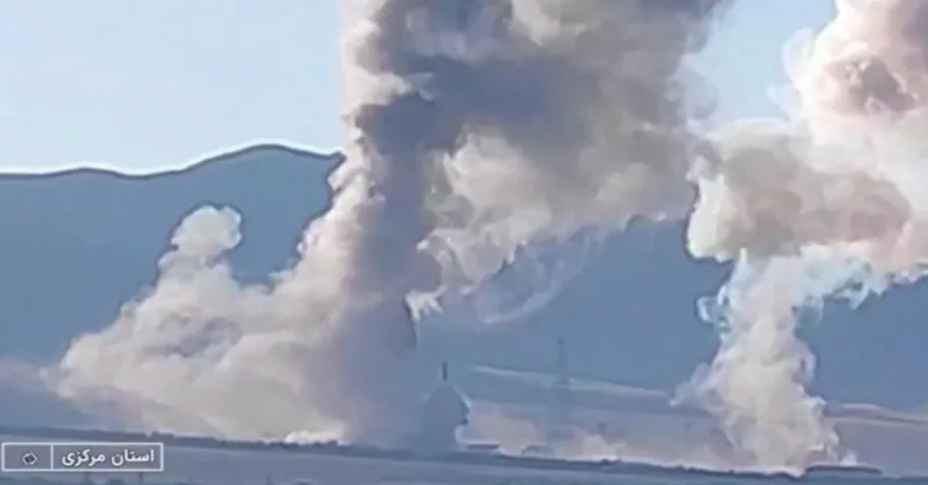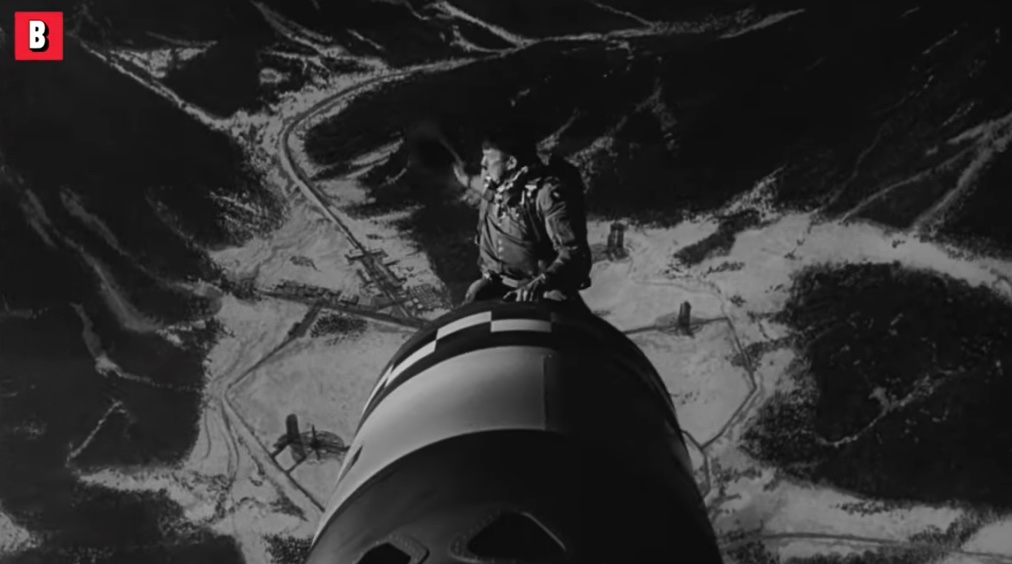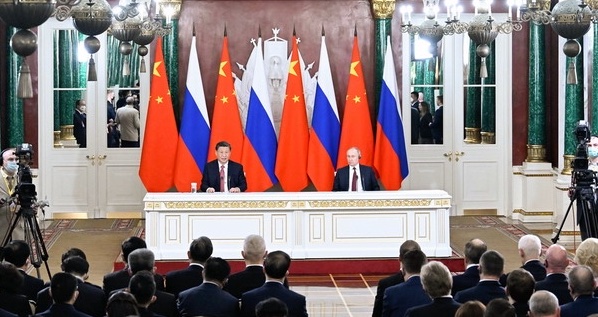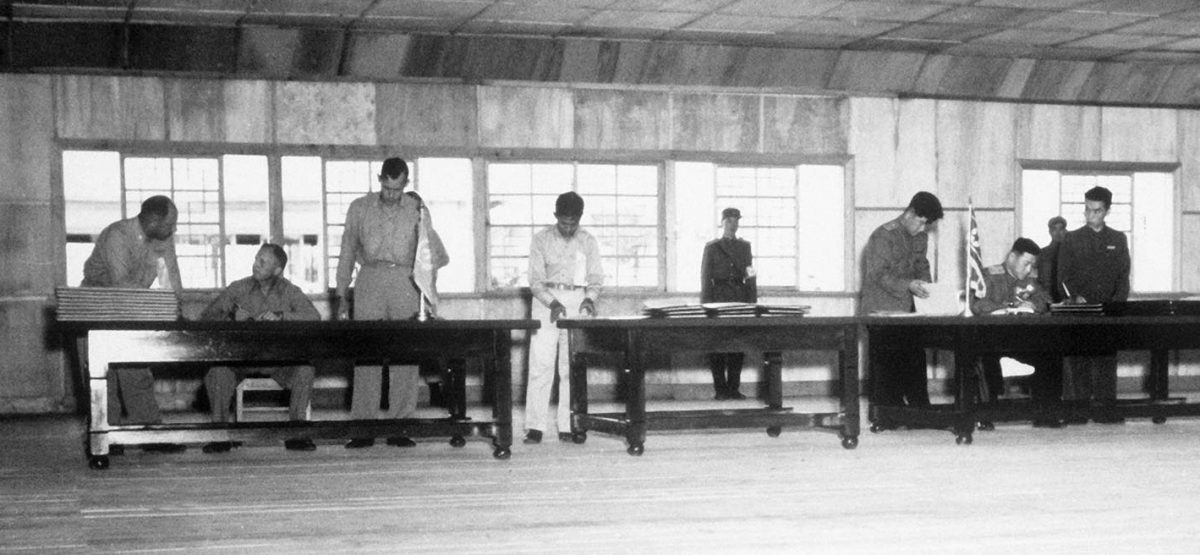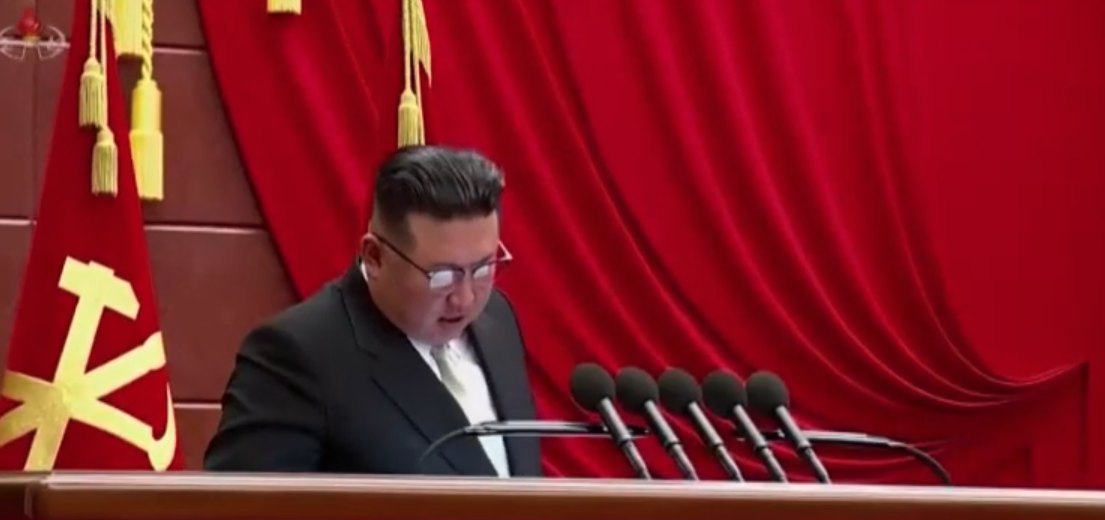On July 1, Sina Toossi published an important piece in Foreign Policy mag in which he argued that the “12-day war” that the US-Israeli alliance launched against Iran on June 13 had backfired, primarily in terms of its nuclear-nonproliferation goals. He wrote:
There is no question that Israel achieved notable tactical successes, inflicting serious damage on Iran’s military command and scientific infrastructure. But … based on available evidence, Netanyahu’s core goals—undermining Iran’s deterrence and meaningfully rolling back the elements of its nuclear program that pose the greatest proliferation risk—remain unmet.
One of the most significant failures lies in the nuclear file…While Trump administration officials have insisted that the strikes set Iran’s program back by years, early U.S. and European intelligence assessments suggest otherwise.
On July 8, Israeli military/intel analyst Moty Kanias followed up with this analysis, along similar but notably broader lines. Here were his heading and subhead:
Continue reading “Extent of the US-Israeli backfire in their June war on Iran”
